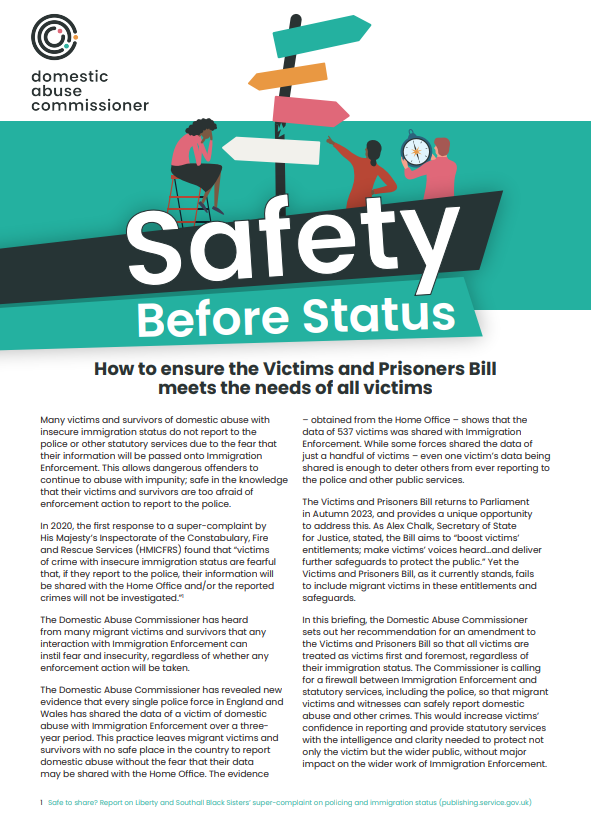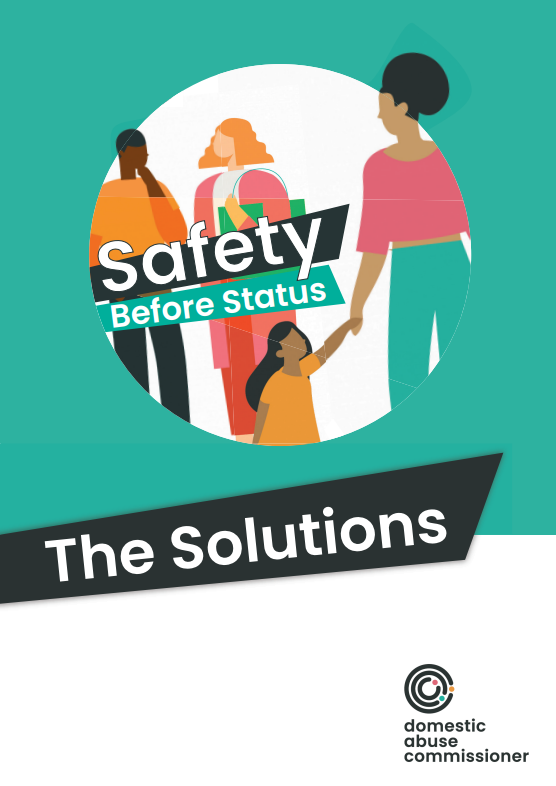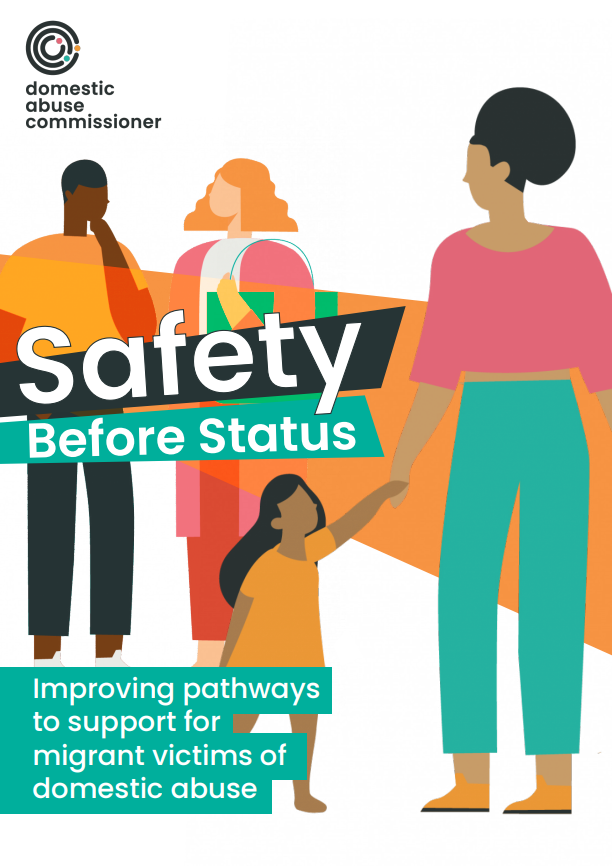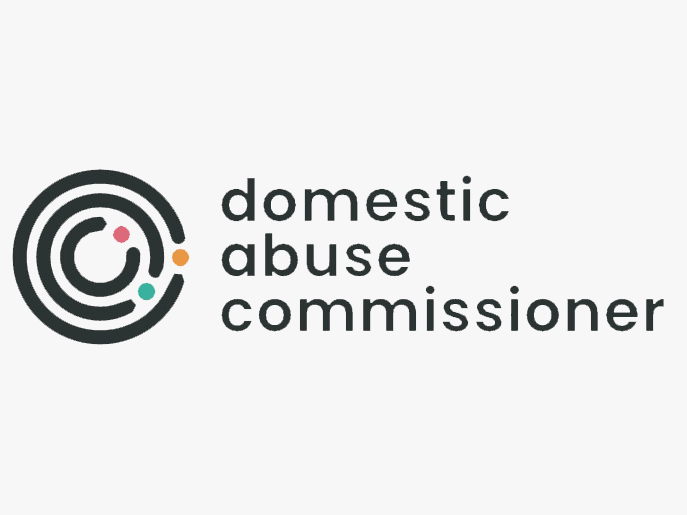The issue
Migrant victims and survivors of domestic abuse face some of the most significant barriers to accessing support simply because of their immigration status.
Research from London School of Economics and Oxford Migration Observatory estimates that there are approximately 32,000 victims and survivors in England and Wales who would choose to come forward for support but are prevented from doing so as a result of their NRPF status. Their insecure immigration status can also be used by perpetrators as a tool for further coercion.
The vision
The Commissioner’s vision is that everyone should be equally protected from domestic abuse, and able to access the support they need, irrespective of their immigration status and without fear of immigration enforcement.
The Commissioner is grateful to the many specialist organisations supporting migrant survivors whose tireless campaigning has formed the basis of this work.
The Commissioner’s work
The Domestic Abuse Commissioner’s three reports on support for migrant victims published in 2021, 2022 and 2023 set out her recommendations to improve provision for these victims who are frequently locked out of safe pathways to support. The Commissioner’s research found that:
- Every police force in England and Wales has shared information about victims and survivors of domestic abuse with immigration enforcement. This practice stops victims from reporting domestic abuse and allows perpetrators to evade justice.
- 32,000 victims and survivors with No Recourse to Public Funds would come forwards each year if support were made available. Of these, about 7,700 might require refuge or other accommodation.
- Investing investing £57 million a year to support these victims would generate £2.3bn social gains over 10 years.
The Domestic Abuse Commissioner works closely with domestic abuse services at a national and local level, victims and survivors, academics and other experts to ensure this evidence closely informs our work to recommend and drive forward change. The Domestic Abuse Commissioner and her team meets regularly with senior representatives in the Home Office and continues to call for key changes to:
- Introduce a firewall between public services and immigration enforcement, accompanied by safe reporting mechanisms and funded referral pathways to support;
- Extend support to the 7,700 migrant victims with NRPF who need safe accommodation, investing £57 million a year to generate £2.3bn social gains over 10 years. The government should do this by extending the migrant victims domestic abuse concession (formerly the destitution domestic violence concession) and the domestic violence indefinite leave to remain provisions.
- Provide dedicated funding for specialist ‘by and for’ organisations supporting migrant survivors of domestic abuse,
Reports

Safety Before Status: How to ensure the Victims and Prisoner Bill meets the needs of all victims
November 2023
Data obtained by the Domestic Abuse Commissioner in 2023 revealed that all 43 police forces across England and Wales and the British Transport Police had shared information about victims and survivors of domestic abuse with immigration enforcement. This practice stops victims from reporting domestic abuse and allows perpetrators to evade justice.
The Commissioner is calling for a firewall amendment to be added to the Victims and Prisoners Bill which would prevent this practice.

Safety Before Status: The Solutions
December 2022
This report lays the Commissioner’s recommendations to improve support for migrant survivors which could generate overall social gains worth almost £2.3 billion over 10 years.
In their response to Safety Before Status: The Solutions, the government did not accept the Domestic Abuse Commissioner’s recommendations, nor provide any new, or substantive commitments for migrant survivors of domestic abuse. Read the Commissioner’s statement on the government’s response here.

Safety Before Status: Improving pathways to support for migrant victims of domestic abuse
October 2021
Read the Commissioner’s first ever report on migrant survivors. The report examines the barriers and pathways to support and protection for victims and survivors of domestic abuse with insecure immigration status.
It recognises “Immigration abuse” for the first time as being used by abusers as a form of coercion and control, and finds that the risk that police pass information to immigration enforcement means that migrant victims fear reporting abuse, allowing dangerous offenders to escape justice.
Latest news
Changes to migrant survivor support scheme don’t go far enough, says Domestic Abuse Commissioner
Today the government introduces significant changes to a scheme that supports migrant victims and survivors…
Domestic Abuse Commissioner welcomes new changes to Victims and Prisoners Bill at Report Stage
“I am pleased to see the return of the Victims and Prisoners Bill to parliament…
Police report victims of domestic abuse to Immigration Enforcement, ’empowering abusers’
All 43 police forces across England and Wales and the British Transport Police have shared…


